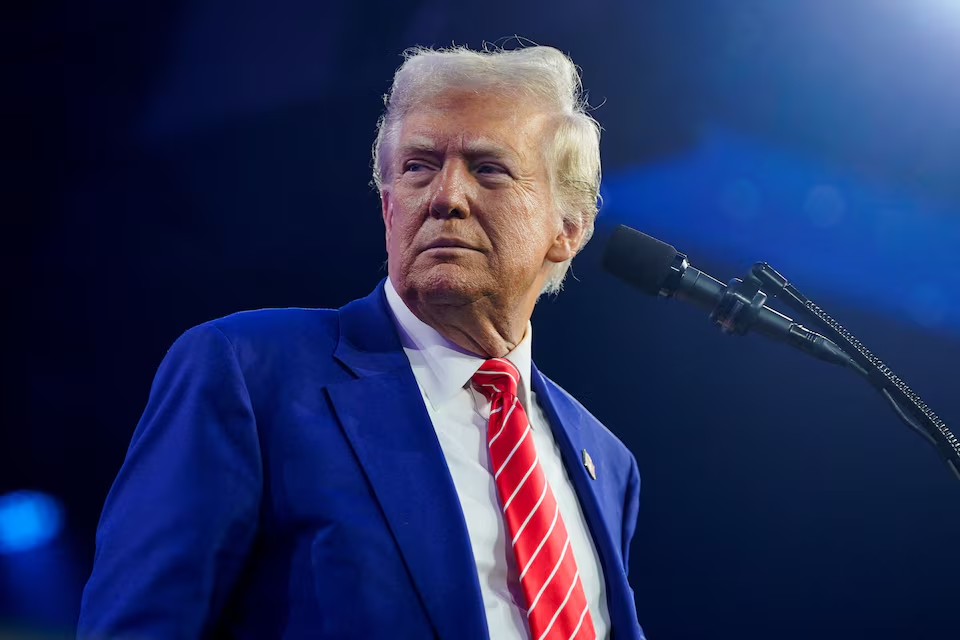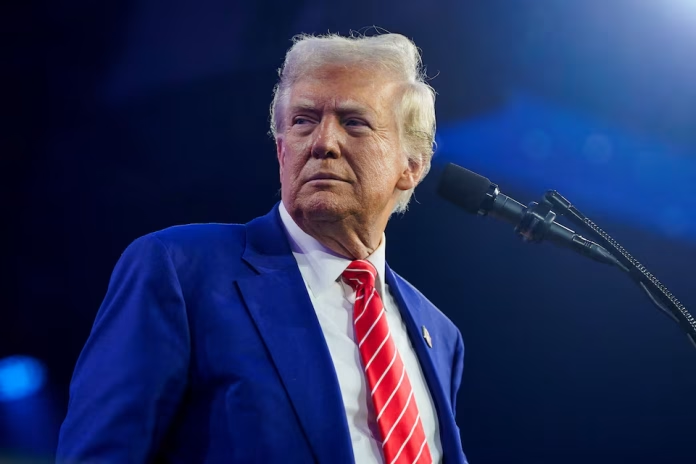In a historic legal development, President-elect Donald Trump is set to be sentenced on January 10, 2025, in the criminal case concerning hush money payments to adult film star Stormy Daniels. This ruling, made by Justice Juan Merchan, marks an unprecedented moment in U.S. history—never before has a sitting or former president faced criminal conviction and sentencing.
While Trump is not expected to receive jail time, the sentencing occurs just 10 days before his inauguration, raising critical legal and political questions.
Judge Rejects Motion to Dismiss
Trump’s legal team had attempted to dismiss the conviction, arguing that his presidential election victory should override the case. However, Judge Merchan firmly rejected this motion, stating that doing so would “undermine the Rule of Law in immeasurable ways.”
The judge also dismissed Trump’s argument that his “civic and financial contributions” to the nation justified dropping the case. Instead, Merchan emphasized that Trump’s frequent public attacks on the judicial system played a role in shaping the court’s stance.
No Jail Time Expected
Although the conviction carries a maximum penalty of four years in prison, the judge signaled that an unconditional discharge—meaning no jail time, fines, or probation—is the most likely outcome. Trump, 78 years old, has no prior criminal record, which also factors into the sentencing decision.
Implications for Trump’s Presidency
Trump’s sentencing will likely add to the legal and political turbulence surrounding his second presidency. While his legal team is expected to appeal the conviction, this case adds to the ongoing scrutiny he faces.
Beyond the hush money case, Trump was charged in three other criminal cases in 2023, including mishandling classified documents and attempting to overturn the 2020 election results. However, after his 2024 victory, the Justice Department dropped two federal cases, while the Georgia state case remains unresolved.
A Strategic Legal Battle

One of the major arguments made by Trump’s lawyers was that sentencing him before he takes office would interfere with his ability to govern. However, Judge Merchan dismissed this claim, asserting that Trump was aware of the legal risks when he ran for office again.
Interestingly, Manhattan District Attorney Alvin Bragg did not oppose delaying the sentencing until after the election. However, the judge ultimately decided that resolving the matter before inauguration was preferable to leaving it unresolved during Trump’s presidency.
What Happens Next?
With sentencing set for January 10, Trump must decide whether to appear in court in person or virtually. If sentenced to an unconditional discharge, his legal team will move forward with appeals, but the conviction will remain in place unless overturned.
This legal battle will continue to shape Trump’s second term, public perception, and legacy. Whether it strengthens his political base or further divides the nation remains to be seen.



